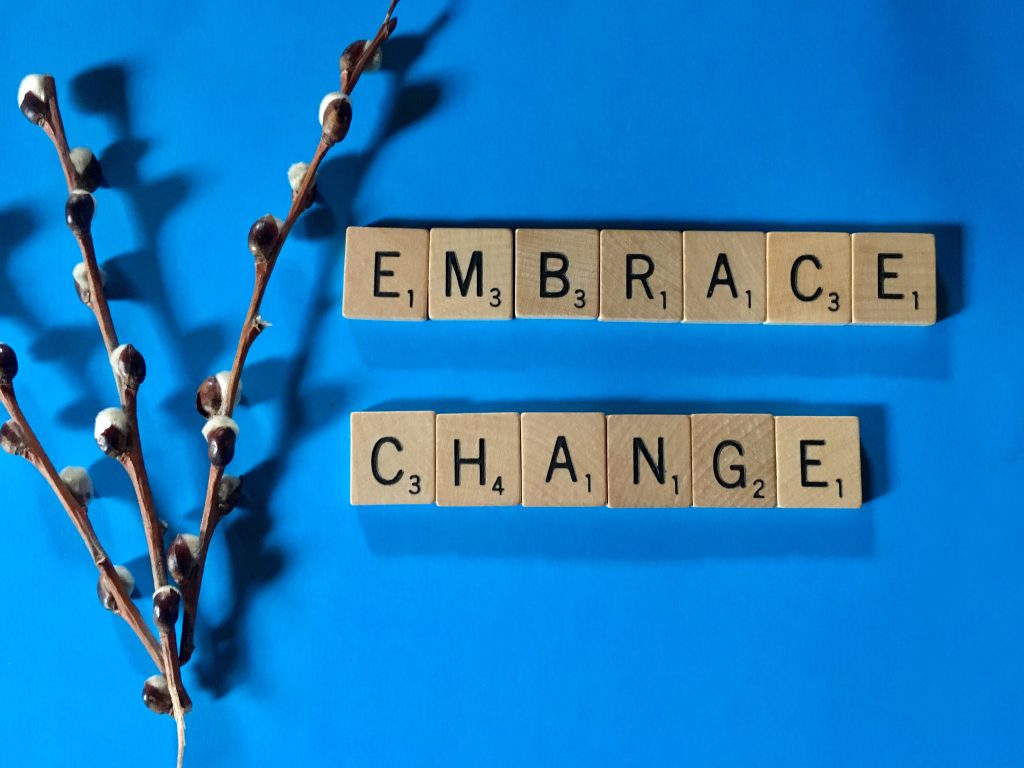Adapting. Adaptation. Adaptability. All are adaptations—pun intended—of the word adapt, which is basically defined as the act of acclimatizing and accommodating.
How are we doing with acclimatizing? Do we adapt easily, or do we refuse to bend only to find ourselves being tossed and broken under the pressure of circumstances?
If the COVID-19 pandemic has taught us anything, it is that we must have the capability to adapt. We humans are meant to adapt.
To be stuck in a rut—doing the same things over and over again with the same type of people as ourselves—is to be in reverse evolution. If we are not exercising our ability to shift, grow, and create new solutions in this new era, we are ultimately moving backwards.
It is necessary to develop the skills to adapt to various cultural situations while maintaining our core values. This is why self-observation is important so we can adapt—without losing our north star, our point of direction.
The ability to adapt within environmental and cultural situations has a significant impact on other areas of our lives, including our mental and emotional well-being. Dr. Shimi Kang, a renowned researcher on the science of motivation, shared her discoveries in her TEDx talk. She analyzed her clients who were constantly stressed and lacked meaning in their lives. Then she observed her clients who had struggles but were nevertheless able to live with passion, purpose, and meaning; she compared them.
What was the deciding factor for this difference? It was adaptation.
Adaptability is also essential for communication between cultural groups. Those who have developed the earlier skills of observation, curiosity, and perspective-shifting are more successful with altering their behavior in authentic and culturally appropriate ways. They can sense cultural norms and frameworks in order to shift their behavior accordingly.
Since they have engaged in perspective-shifting development, they are better equipped to fully consider what a particular practice means from their own perspective and what a cultural practice represents in a different cultural environment.
They can adapt.
We see that being adaptable is an imperative skill to possess. It helps us change direction when we need to make a quick-change. It also aids in how we relate to others.
In order to be effective leaders, we have to lead. To “lead” insinuates movement and often this movement is in uncharted territory. Leaders need to model authentic leadership—the ability for fallibility and adaptation in the unknown.
Want to know you can expand even more in the realm of leadership? Be sure to register for our Corporate And Non-Profit Intercultural Creativity® Training where you can explore and apply the tools needed to lead and adapt at work, in your personal life, and more.





